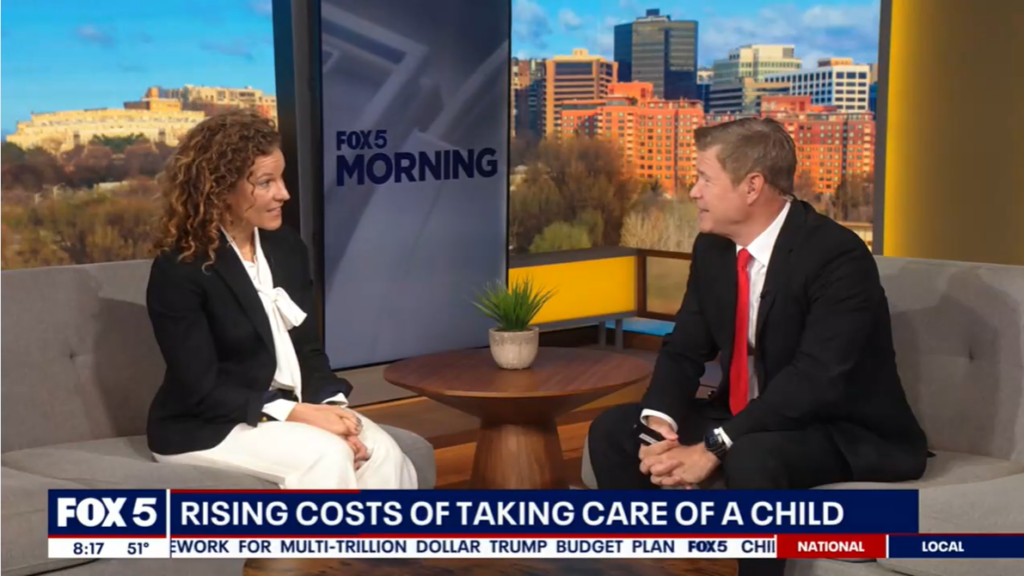The State of Child Care Ahead of SOTU

As President Biden prepares to deliver his second State of the Union, and first to a divided Congress, First Five Years Fund (FFYF) has put together a state-of-play on a rare policy issue that lawmakers from across the aisle actually agree on: child care and early learning.
A strong workforce relies on child care, but millions of working parents struggle to find available or affordable child care options. That’s why the president made child care a core pillar of his economic policy agenda; now it’s time to get it over the finish line. The state of child care is in crisis, and it is imperative that President Biden remind Congress why it is critical that they take action with significant, sustained investments and reforms.
Here are essential stats for covering the child care crisis ahead of SOTU.
Polling: Voters Are Disappointed Congress Hasn’t Acted, Expect Lawmakers to Work With POTUS on Child Care
- 65% of voters say they are disappointed or even angry that Congress failed to pass legislation that would have increased child care funding and would have made it more widely available and affordable.
- Suburban women are even more dismayed—71% describe themselves as angry or disappointed.
- 81% of voters say their member of Congress should work with the Biden administration to enact policies that expand affordable child care options, including a staggering sixty-five percent (65%) of Republicans.
Parents Need Options but Child Care is Hard to Find
- Today, 26.8 million people — 16% of the U.S. workforce — rely on child care in order to do their jobs but the supply of quality child care has not kept up with the significant rise in demand over the years.
- Pre-pandemic, over 30% of Americans were living in a child care desert with only one available child care spot for every three children in need of care.
- The child care sector is still down tens-of-thousands of jobs from pre-pandemic levels, as many providers have opted for higher-paying jobs in other industries. In stark contrast, all private sector jobs and non-farm employment have been recovered.
Child Care is Essential to Our Economy
- Since 1990, child care costs have risen 214%, with the price of care rising 25% in the last decade alone — twice as fast as other major expenses for consumers, like housing and groceries. Meanwhile, the average family income has increased by just 143% over the same period.
- The average annual price of care in 2021 was roughly $10,600.
- In 44 states and the District of Columbia, child care costs for two children exceed average mortgage costs.
Subscribe to FFYF First Look
Every morning, FFYF reports on the latest child care & early learning news from across the country. Subscribe and take 5 minutes to know what's happening in early childhood education.



